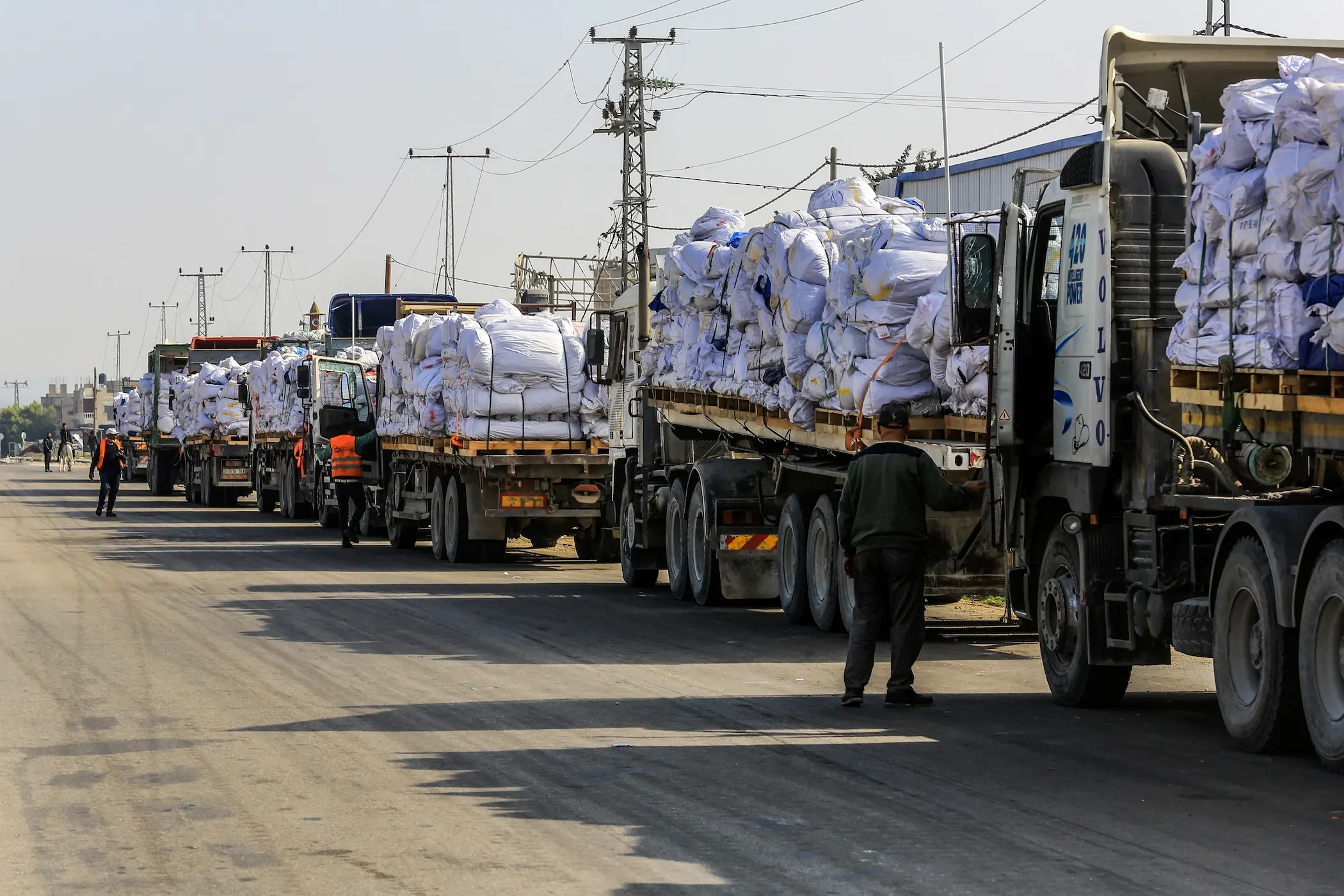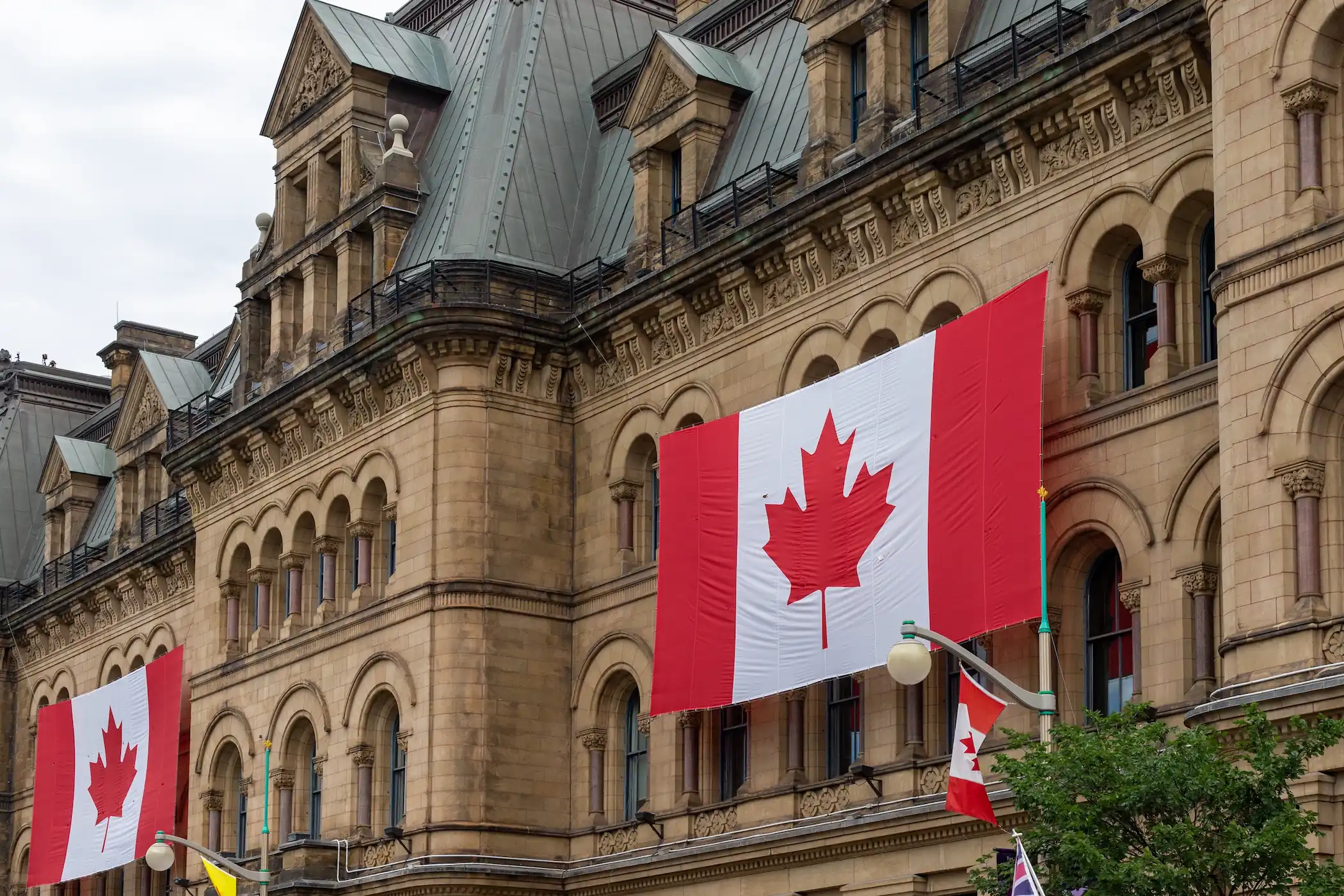25 May 2025
A Turning Point in Gaza: Allies’ Ultimatum May Shift the Calculus
The recent joint statement by the United Kingdom, France, and Canada, threatening "concrete actions" against Israel if it does not cease its renewed military operations in Gaza and significantly increase humanitarian aid, marks a significant shift in the international discourse surrounding the ongoing conflict.
29 Apr 2025
Canada’s Elections in the Shadow of Trump
Just a few months ago, Canada’s Conservative Party was on track for a historic victory. Polls gave Conservative Leader Pierre Poilievre a commanding 25-point lead over Justin Trudeau’s deeply unpopular Liberals. After nearly a decade of Liberal rule which has been marked by rising inflation, a housing crisis, and voter fatigue, the 2025 Federal Election was shaping up to be a reckoning for the Liberals. Then Donald Trump happened.
Trump’s return to the White House brought a renewed unpredictability to U.S. foreign policy. In quick succession, he slapped tariffs on Canadian goods and floated the provocative idea of making Canada the 51st state, an idea he has consistently repeated. While many dismissed his comments as bluster, for Canadian voters they struck a nerve. These were not just insults—they were perceived threats to the country’s sovereignty, economy, and identity. As Trump escalated tensions, the focus of the election shifted almost overnight from domestic frustrations to national survival and unified Canadians against a common enemy.

